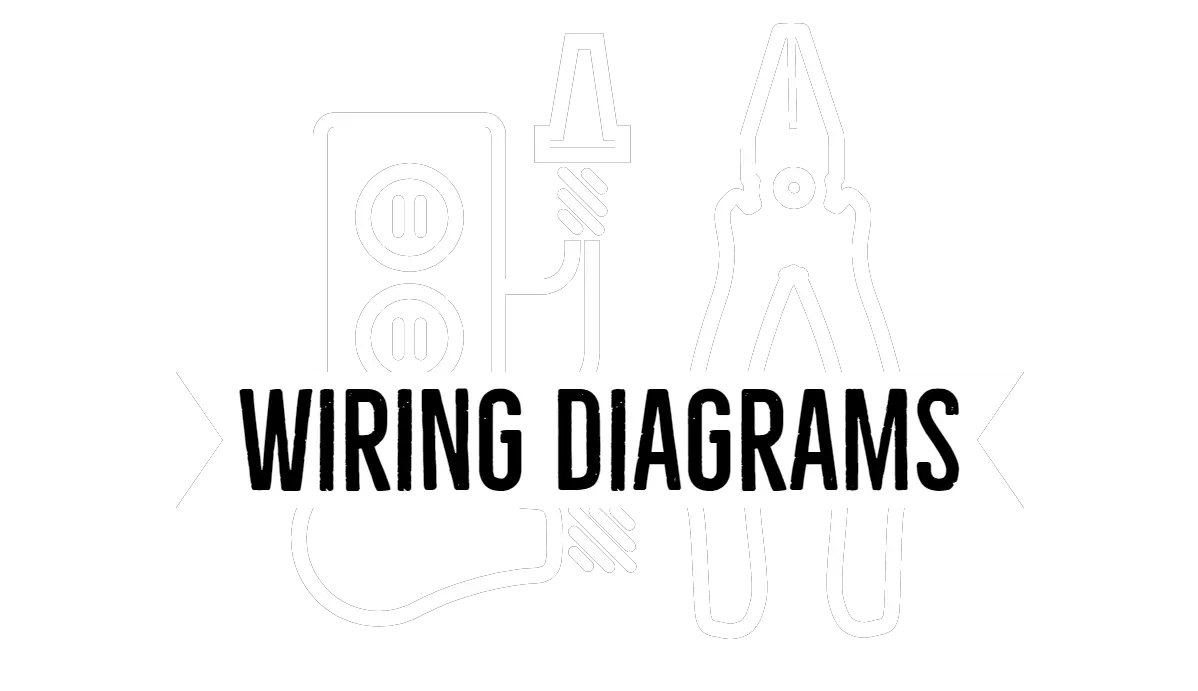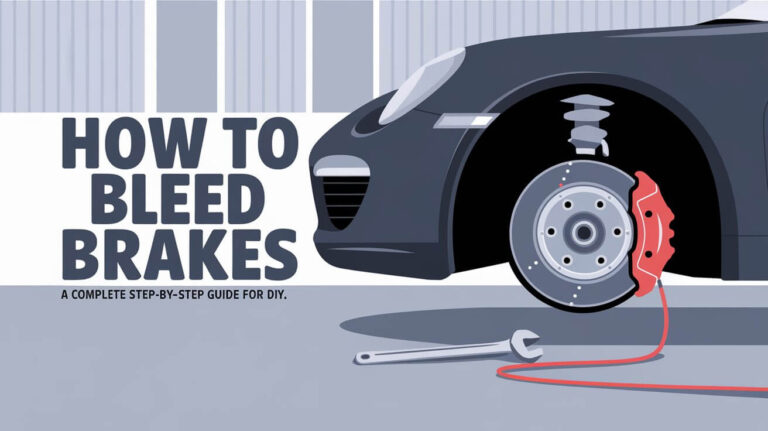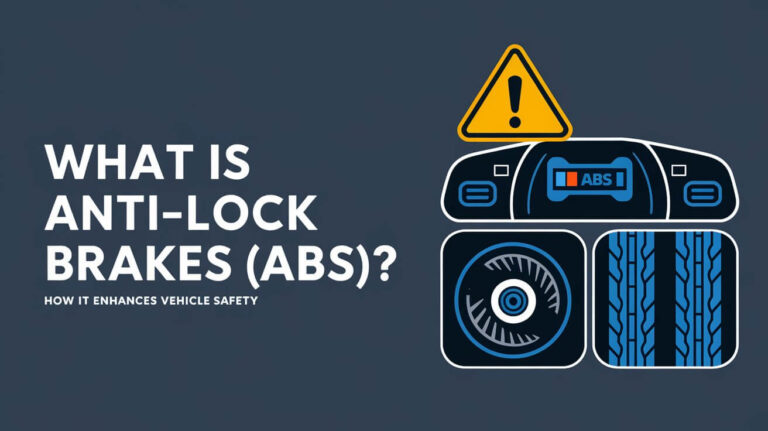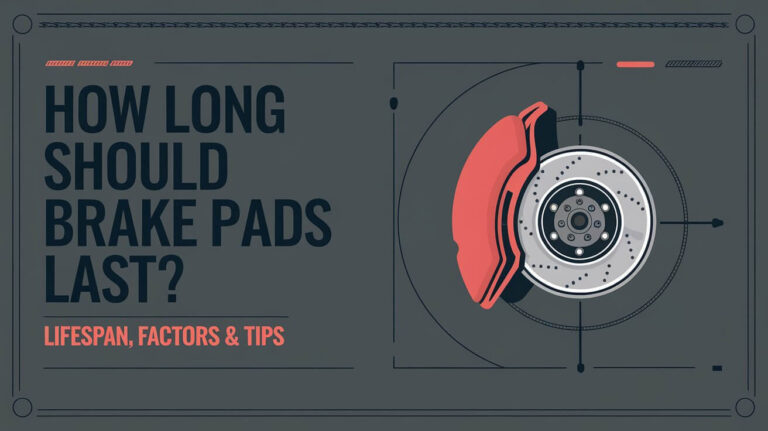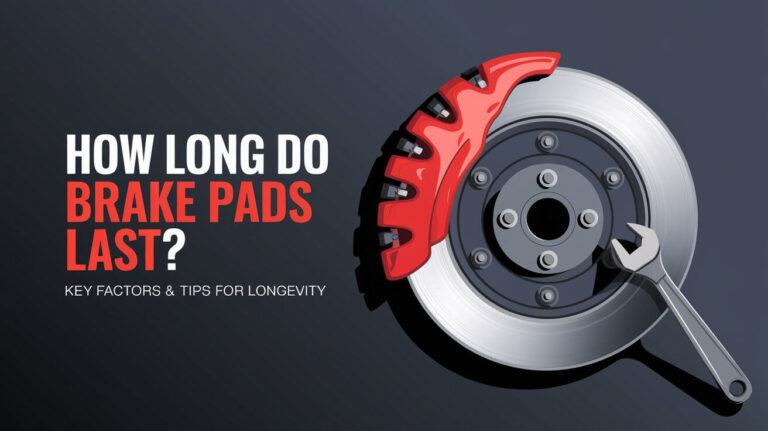Why Does My Car Shake When I Brake? Causes & Solutions Explained
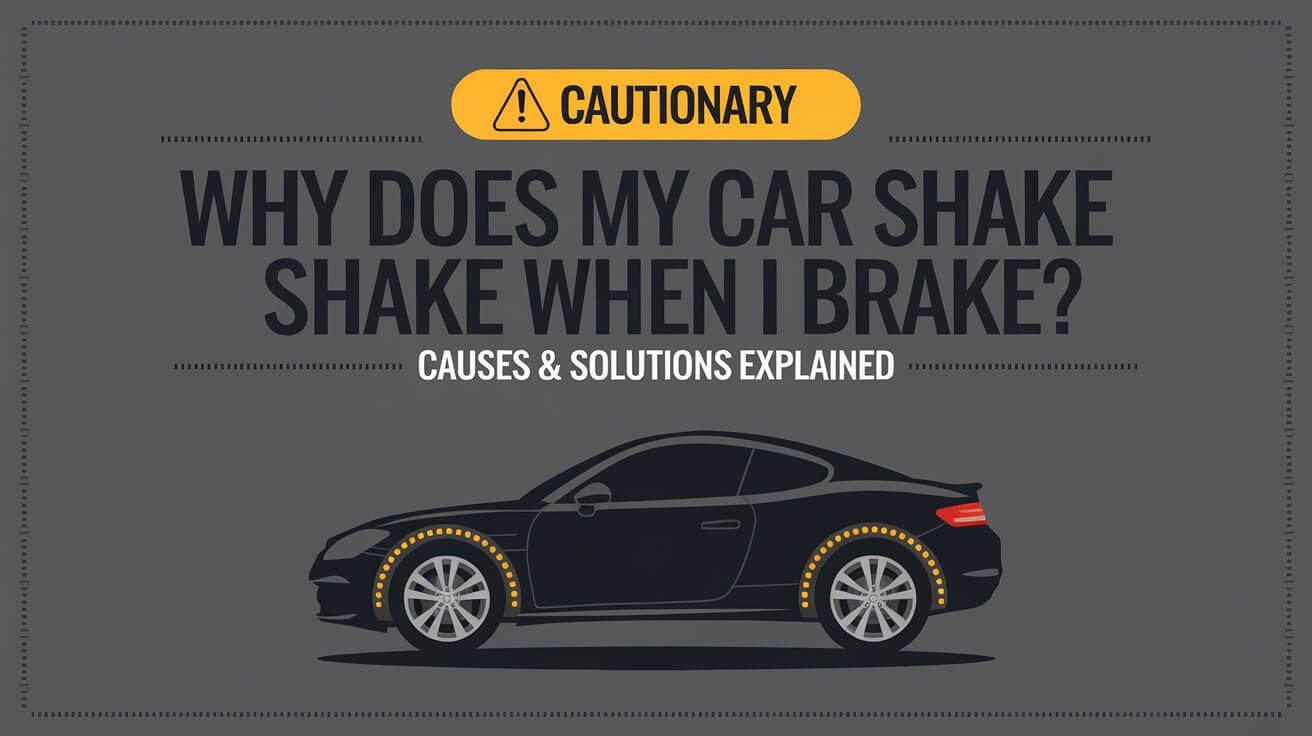
If you’ve ever felt your car shaking when you brake, it’s not just a minor annoyance—it could be a sign of a serious issue that needs attention. This shaking, or vibration, typically points to problems in your brake system or other related components such as the tires or suspension. Identifying and addressing these problems early can prevent further damage and ensure safe driving.
In this article, we’ll explore why your car shakes when you brake, delve into the most common causes, and provide solutions to fix the problem. We’ll also share maintenance tips to keep your vehicle in top condition.
Common Causes of Shaking While Braking
Warped Brake Rotors
One of the most frequent reasons cars shake during braking is warped brake rotors. Brake rotors are metal discs that sit inside the wheels and slow the car down by working with the brake pads. Over time, especially if you brake aggressively or frequently travel downhill, rotors can overheat and become uneven. This unevenness causes the brake pads to make inconsistent contact with the rotors, resulting in the shaking sensation you feel when braking.
Solution: You can either resurface or replace the rotors depending on their condition. Resurfacing may cost around $30 per rotor, while replacing them usually ranges between $150 and $450 per axle.
Worn Brake Pads
Brake pads wear down over time, and when they become too thin, they can cause shaking. Worn brake pads not only reduce braking performance but can also cause uneven pressure on the rotors, leading to vibration.
Solution: Regularly check your brake pads and replace them if they’re too thin. Replacing brake pads costs between $115 and $300 per axle.
Sticking Brake Calipers
Brake calipers apply pressure to the brake pads, pressing them against the rotors to slow the vehicle. If a caliper gets stuck, it can cause uneven braking and lead to shaking. This issue can arise due to a lack of lubrication or internal damage to the caliper.
Solution: Stuck calipers may be fixed by applying lubricant, but in some cases, they need to be replaced. Expect to pay between $200 and $300 for a new caliper.
Tire and Wheel Issues
While the brake system is often the primary suspect, tire and wheel issues can also cause shaking when braking. Improperly balanced tires, misaligned wheels, or uneven tire wear can create vibrations, particularly noticeable when slowing down.
Solution: Regularly check your tire pressure and wheel alignment. If your tires are worn unevenly, rotate them or replace them. A wheel alignment costs about $50 to $150, while balancing your tires costs around $100 for all four.
Suspension System Problems
Your car’s suspension system ensures smooth driving by absorbing the shocks from the road. If the suspension components, such as the axles or CV joints, are worn out or damaged, they can lead to instability and shaking, especially during braking.
Solution: Inspect the suspension system for worn parts and have them replaced if necessary. The costs for suspension repairs vary depending on the extent of the damage, but it’s essential to address these problems to avoid further wear and tear.
Diagnosing Brake Shaking
Visual Inspection of Brake Components
Start by visually inspecting your brake system. Check the rotors for visible signs of warping or uneven wear. Look at the brake pads to see if they’re too thin or worn unevenly. Make sure the calipers are not sticking or leaking brake fluid.
A visual inspection may reveal obvious signs of wear, but more complex issues may require a professional diagnostic.
Road Test
A road test can help you narrow down the source of the vibration. Pay attention to when the shaking happens most. For example, if it occurs mainly at high speeds, it could be related to warped rotors or wheel alignment issues. If the vibration is more intense at low speeds, worn brake pads or sticking calipers might be the culprit.
Professional Diagnostic Tools
If a visual inspection and road test don’t pinpoint the issue, consider taking your car to a mechanic. They have specialized tools like caliper testers and rotor thickness gauges to accurately diagnose the problem.
Additional Causes of Car Shaking (Beyond Brakes)
Engine and Transmission Issues
In some cases, the shaking may not be directly related to the brakes. Problems with the engine or transmission, such as misfires or a clogged transmission filter, can cause your car to vibrate, especially during braking. If the engine isn’t receiving the correct air-fuel mixture, it may shake and affect the overall driving experience.
Solution: Check the engine’s spark plugs, air filters, and transmission filter. Replace them if necessary. If the shaking persists, consult a professional mechanic.
Wheel Bearings and Axles
Worn wheel bearings or damaged axles can cause instability and lead to shaking when braking. Bearings help the wheels rotate smoothly, and if they wear out, the wheels may wobble, causing vibrations.
Solution: If you suspect worn wheel bearings, have them replaced as soon as possible. The cost of replacing wheel bearings is typically between $200 and $400, depending on your car model.
How to Fix and Prevent Shaking While Braking
Brake Pad Replacement
Replacing brake pads is one of the simplest ways to fix brake-related shaking. Make sure to use high-quality pads that match your vehicle’s specifications. Cheaper pads may wear out quickly and fail to provide consistent braking performance.
Steps to Replace Brake Pads:
- Lift your car and remove the wheels.
- Remove the brake caliper and pads.
- Insert the new brake pads and reassemble the caliper.
- Reattach the wheel and lower the car.
Resurfacing or Replacing Rotors
If your rotors are warped but still thick enough, you may be able to have them resurfaced. However, if they are too worn down, replacement is the only option.
Steps to Resurface Rotors:
- Remove the brake caliper and rotor.
- Take the rotor to a mechanic for resurfacing.
- Reinstall the rotor and brake caliper.
Lubricating Brake Calipers
A sticking brake caliper can cause uneven braking, leading to vibration. Lubricating the caliper may help free it up, but if it’s too damaged, replacement might be necessary.
Steps to Lubricate Brake Calipers:
- Remove the caliper from the brake assembly.
- Clean and apply brake lubricant to the caliper pins and slides.
- Reinstall the caliper.
Wheel Balancing and Alignment
Keeping your wheels balanced and properly aligned can prevent shaking while braking. Misaligned or unbalanced wheels place uneven stress on your car, which can affect braking performance.
Steps to Balance and Align Wheels:
- Take your car to a mechanic for wheel balancing and alignment.
- Have the mechanic check the tire tread for uneven wear.
Preventive Maintenance Tips
Regular Brake Inspections
Perform routine brake inspections every 6,000 to 12,000 miles to catch wear and tear early. This will help ensure that your brake pads, rotors, and calipers are in good condition.
Replacing Brake Fluid
Brake fluid degrades over time, and old fluid can affect the performance of your brakes. Check the brake fluid levels and replace it according to your car’s maintenance schedule.
Tire Maintenance
Check your tire pressure regularly and ensure that your tires are properly inflated. Underinflated or overinflated tires can cause uneven wear, leading to vibrations when braking. Rotate your tires every 6,000 miles to ensure even wear.
When to See a Mechanic
Persistent Shaking After DIY Fixes
If you’ve tried the above fixes and the shaking persists, it’s time to consult a professional mechanic. Persistent vibrations could indicate deeper issues that require specialized tools and expertise.
Costs of Professional Brake Services
Brake service costs vary depending on the extent of the repairs needed. Replacing brake pads, rotors, and calipers can range from $150 to $1,000 depending on the make and model of your car.
Conclusion
Car shaking while braking is often a sign of worn-out or damaged components, such as brake rotors, pads, or calipers. In some cases, issues with tires, suspension, or even the engine can contribute to the problem. Regular maintenance and timely repairs can help keep your car running smoothly and prevent more serious issues down the road. By addressing the cause of the shaking as soon as it occurs, you’ll ensure both the safety and longevity of your vehicle.
